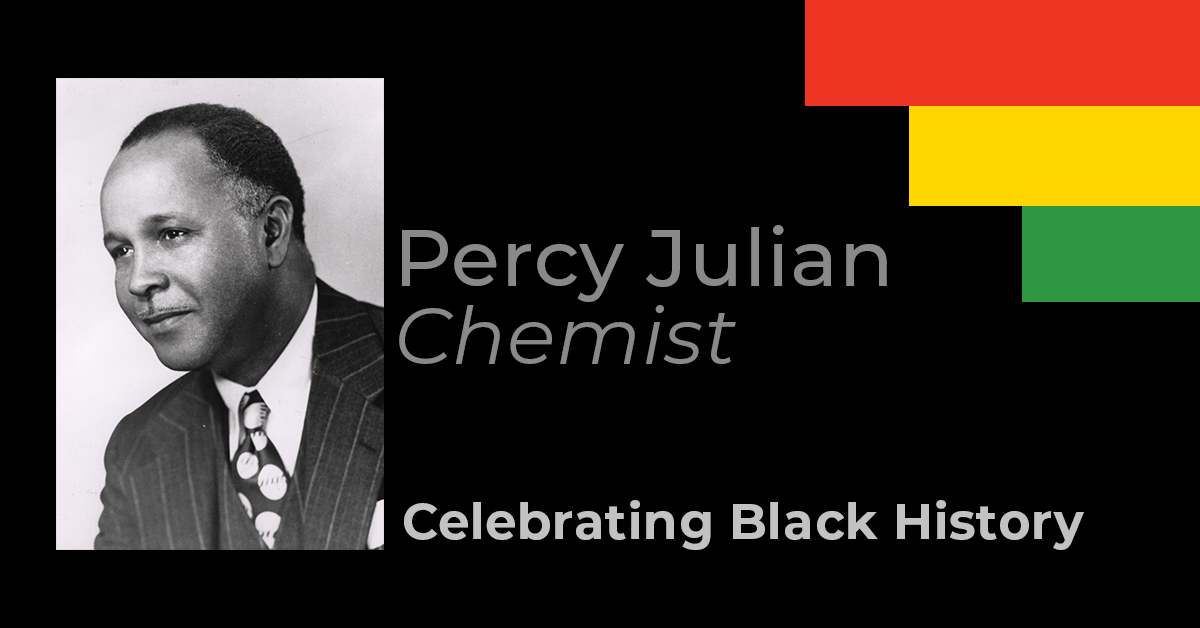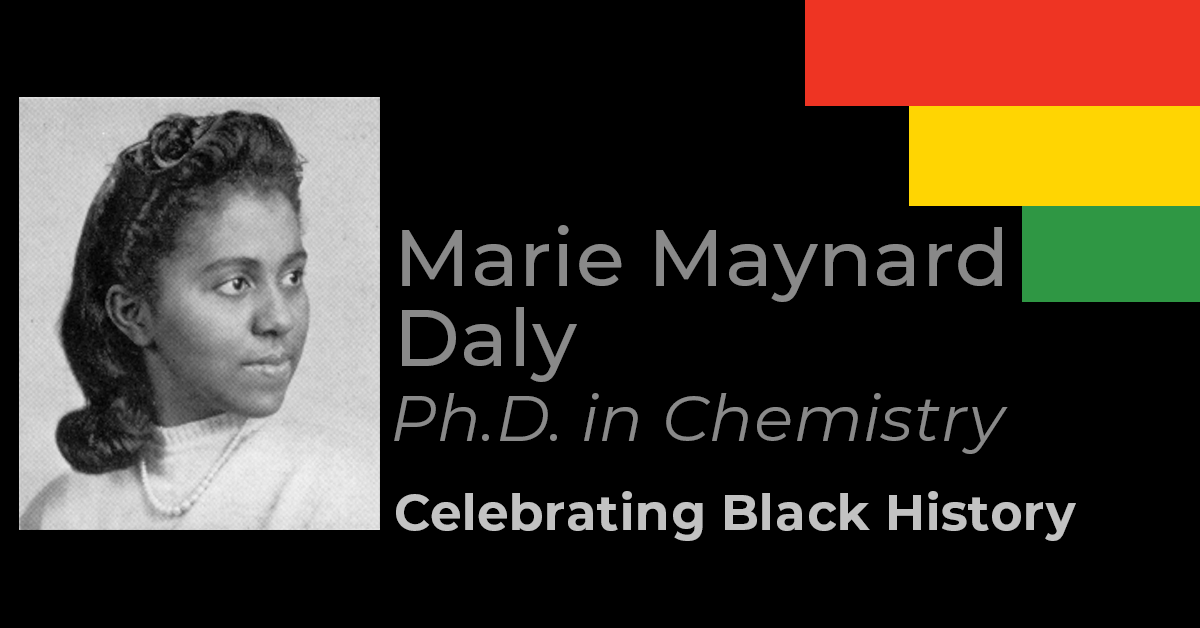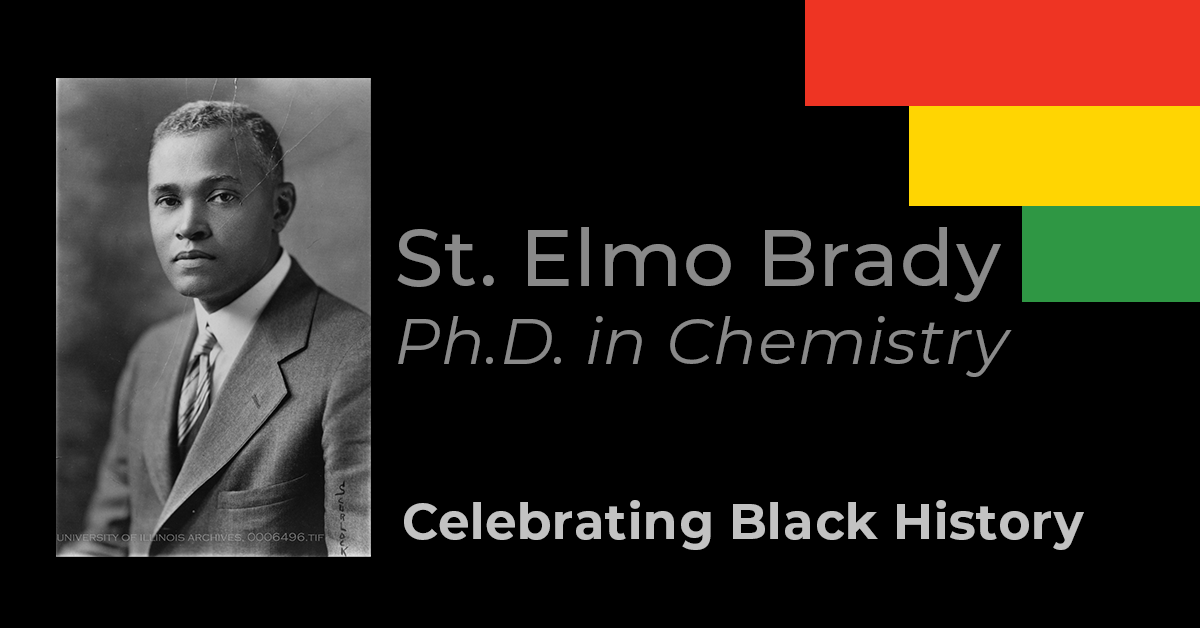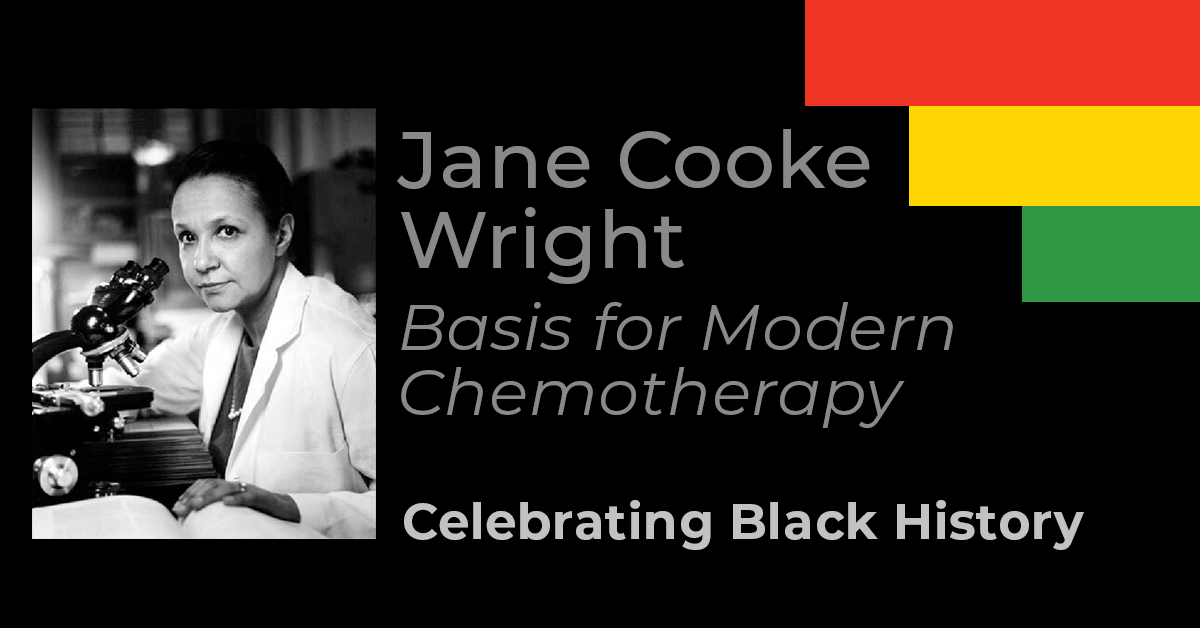
Diverse perspectives drive better solutions. As black history month draws to a close, we celebrate the significant contributions of black scientists to the field of biopharmaceutical development. Their work has advanced our understanding of disease mechanisms as they have developed new therapies to treat a wide range of medical conditions.
Percy Julian (1899 – 1975)

Chemist Percy Julian (1899 – 1975) is regarded as a trailblazer and one of the most distinguished Black scientists in history. He is best known for his work on cortisone, steroids and birth control.
Hailing from Montgomery, Alabama, Julian completed his undergraduate studies at DePauw University, received his master’s degree at Harvard and his doctorate at the University of Vienna in Austria. Julian returned to DePauw, where his research led to a drug treatment for glaucoma. Despite his success, however, the DePauw never granted Julian the opportunity to become a professor because of the color of his skin.
After leaving the academic world, Julian worked as a laboratory director for the Glidden Company, and while there, was credited with creating Aer-O-Foam. The development of this soy-based foam opened the door to other soy-based inventions, including the treatment of rheumatoid arthritis – which Julian helped to treat by synthesizing cortisone.
In 1954, Julian established Julian Laboratories, which he eventually sold to which he eventually sold to Smith, Kline and French – a predecessor of GlaxoSmithKline. From there, he created a nonprofit, the Julian Research Institute, where he worked until his death from cancer in 1975.
Marie Maynard Daly (1921 – 2003)
 In 1947, Marie M. Daly became the first African-American woman to earn a doctoral degree in chemistry in the United States. While pursuing her doctoral studies at Columbia University, Daly researched how compounds produced in the body affect and participate in digestion.
In 1947, Marie M. Daly became the first African-American woman to earn a doctoral degree in chemistry in the United States. While pursuing her doctoral studies at Columbia University, Daly researched how compounds produced in the body affect and participate in digestion.
Daly's early research included studies of the effects of cholesterol on the mechanics of the heart, the effects of sugars and other nutrients on the health of arteries, and the breakdown of the circulatory system as a result of advanced age or hypertension. Later, she studied how proteins are produced and organized in the cell.
Over the course of her vast and historic career, Daly contributed to the research and teaching staffs at Queens College, City University of New York, Howard University, the Columbia University College of Physicians and Surgeons, as well as the Albert Einstein College of Medicine.
In addition to her research, Daly developed programs to increase the enrollment of racial minority students in medical school and graduate science programs. In 1988 she established a scholarship fund for African-American science students at Queens College.
St. Elmo Brady (1884–1966)

In 1916 St. Elmo Brady (1884–1966) graduated from the University of Illinois with a PhD in chemistry; the first African American ever to earn this degree. He went on to become highly regarded for his teaching career at four historically Black colleges, where he developed the chemistry curricula and established new programs for young African American scientists. Brady’s research interests included organic acids, infrared spectroscopy, and halogen compounds. During Brady’s 25-year tenure at Fisk University, he is noted for serving as the chair of the chemistry department in addition to founding the first-ever graduate chemistry program at a Black college.
Jane Cooke Wright (1919 – 2013)

Dr. Jane Cooke Wright (1919 – 2013) is a renowned surgeon who analyzed a wide range of anti-cancer agents, explored the relationship between patient and tissue culture response, and developed new techniques for administering cancer chemotherapy. In 1967, she was named professor of surgery, head of the Cancer Chemotherapy Department, and associate dean at New York Medical College – making her the highest ranked African American woman at a nationally recognized medical institution.
Wright is notable for demonstrating that the folic acid antagonist methotrexate kills tumor cells. This discovery formed the basis for modern chemotherapy and reduced the use of radiation. While pursuing private research at the New York Medical College, she implemented a new comprehensive program to study stroke, heart disease, and cancer, and created a program to instruct doctors in chemotherapy. In 1971, Dr. Wright became the first woman president of the New York Cancer Society. Throughout her forty-year career, Wright published research papers on cancer chemotherapy and led delegations of cancer researchers to Africa, China, Eastern Europe, and the Soviet Union.
Kenneth Olden, Ph.D. (1938)

Kenneth Olden, Ph.D. (1938) is a cell biologist and biochemist who, in 1991, was named Director of the National Institute of Environmental Health Sciences (NIEHS) and the Nation Toxicology Program (NTP) in the U.S. Department of Health and Human Service. He was the first African American to become director of one of the NIH Institutes. Olden has been active in cancer research for several decades. He was director of the Howard University Cancer Center, as well as professor and chairman of the Department of Oncology at Howard University Medical School.
Olden has received four of the most prestigious awards in public health: the American Public Health Association Calver Award in 2002, the Sedgwick Memorial Medal and the Laurenberg Award in 2004, and the Julius B. Richmond Award in 2005. During his historic career, Olden has cultivated a legacy of promoting excellence in environmental health research and chemical risk assessment.

